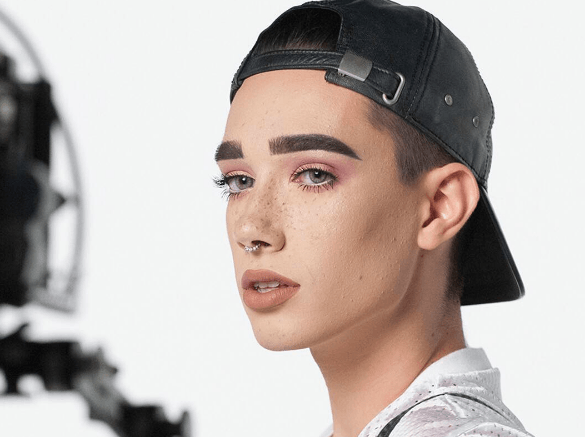
Despite the oft-lampooned couture shows and outsized personalities that have long dominated the fashion and personal beauty industries, the reality is that these profitable sectors are socially conservative and often resistant to change. Of course, colors, patterns and silhouettes evolve over time. But overall, these industries continue to send messages to women (and arguably, men) that they must conform to a certain ideal.
During the 1990s and early 2000s, the fashion and beauty industries arguably became even more reactionary. Runway shows featured thinner and thinner models, and digital technologies presented models with a look and body that, frankly, is impossible for any “normal” person to obtain. The use of models who looked emaciated in part led to the rise of the “fat acceptance” movement as more women became exhausted by large corporations dictating how they should look and feel.
But the evidence suggests the norms of what is beautiful -- and, quite frankly, who is allowed to feel beautiful and fabulous -- are changing. And companies are beginning to take notice. One such watershed moment is CoverGirl’s recent decision to hire its first male brand ambassador.
Earlier this month the 55-year-old cosmetics brand, now a subsidiary of Procter & Gamble, hired 17-year-old James Charles, a high school senior who lives in upstate New York’s Hudson Valley. The popular YouTuber and Instagram celebrity has parlayed his glam social media presence into a gig that allows him to work with the likes of Katy Perry.
It's a rapid ascent for Charles. Just last month, he became a mini-sensation on Twitter by showing how he brought a ring light to his senior picture shoot to help his cheekbones stand out. And now, only a few weeks later, he is associated with a brand that has showcased a long list of Hollywood and fashion icons, including Christie Brinkley, Rihanna, Drew Barrymore and Sofia Vergara.
In a recent interview with the New York Times, Charles succinctly explained how his signing on with CoverGirl symbolizes what is going on in the world of fashion and beauty, especially for men. No, his penchant and passion for hair and make up is not some “gender-bender” experimentation.
Men like Charles are not dabbling with what it is like to be a woman: They are simply dictating what it means to express themselves on their own terms. And no, despite the enduring popularity of "RuPaul’s Drag Race," Charles’ interest has nothing to do with drag performing. In his words, he’s just a “boy in make-up,” unlike a drag performer, who is a man parodying and performing as a if he were a woman.
The fact is that more men are stepping out of what has traditionally been their comfort zone and refuse to apologize for the fashion choices they make. One of the greatest examples is NBA star Russell Westbrook, whose fashion choices are undeniably hot while he rewrites what it means to dress like a “jock.” Fashion designers such as Rick Owens and Nicopanda are challenging what is menswear -- catcalls of “androgyny,” “effeminate” or “flamboyant” be damned. Much of Gucci’s latest menswear line made waves at fashion shows on both sides of the Atlantic for its patterns, cuts and fabric choices. And more celebrities, including Jaden Smith and Kanye West, have not been shy about wearing mini-skirts.
Even David Beckham has been spotted in a sarong. In the end, more of us have become part of a less rigid society. We're more individualistic and are not shy about pushing conventional boundaries. Fashion and beauty companies have no choice but to accept, and even celebrate, these trends – or else they risk becoming irrelevant.
Image credit: CoverGirl/Instagram

Leon Kaye has written for 3p since 2010 and become executive editor in 2018. His previous work includes writing for the Guardian as well as other online and print publications. In addition, he's worked in sales executive roles within technology and financial research companies, as well as for a public relations firm, for which he consulted with one of the globe’s leading sustainability initiatives. Currently living in Central California, he’s traveled to 70-plus countries and has lived and worked in South Korea, the United Arab Emirates and Uruguay.
Leon’s an alum of Fresno State, the University of Maryland, Baltimore County and the University of Southern California's Marshall Business School. He enjoys traveling abroad as well as exploring California’s Central Coast and the Sierra Nevadas.














